Expertise
EU politics, international relations
Languages
Polish, English
Biography
Tomasz G. Grosse is a sociologist, political scientist and historian. He is a professor at the University of Warsaw. Head of Department of European Union Policies at the Institute of European Studies. He specializes in the analysis of economic policies in the EU and the Member States, as well as in public management, geo-economics, Europeanisation, EU theoretical thoughts. He recently published: “Postcrises Europe” (The Polish Institute of International Affairs) “Searching geo-economics in Europe” (Polish Academy of Science, 2014) and edited the books: “European Union Policies at the Time of Crisis” (Scholar 2016) and “The Aspects of a Crisis” (with M. Cichocki, Natolin European Centre 2016).
Recommended articles
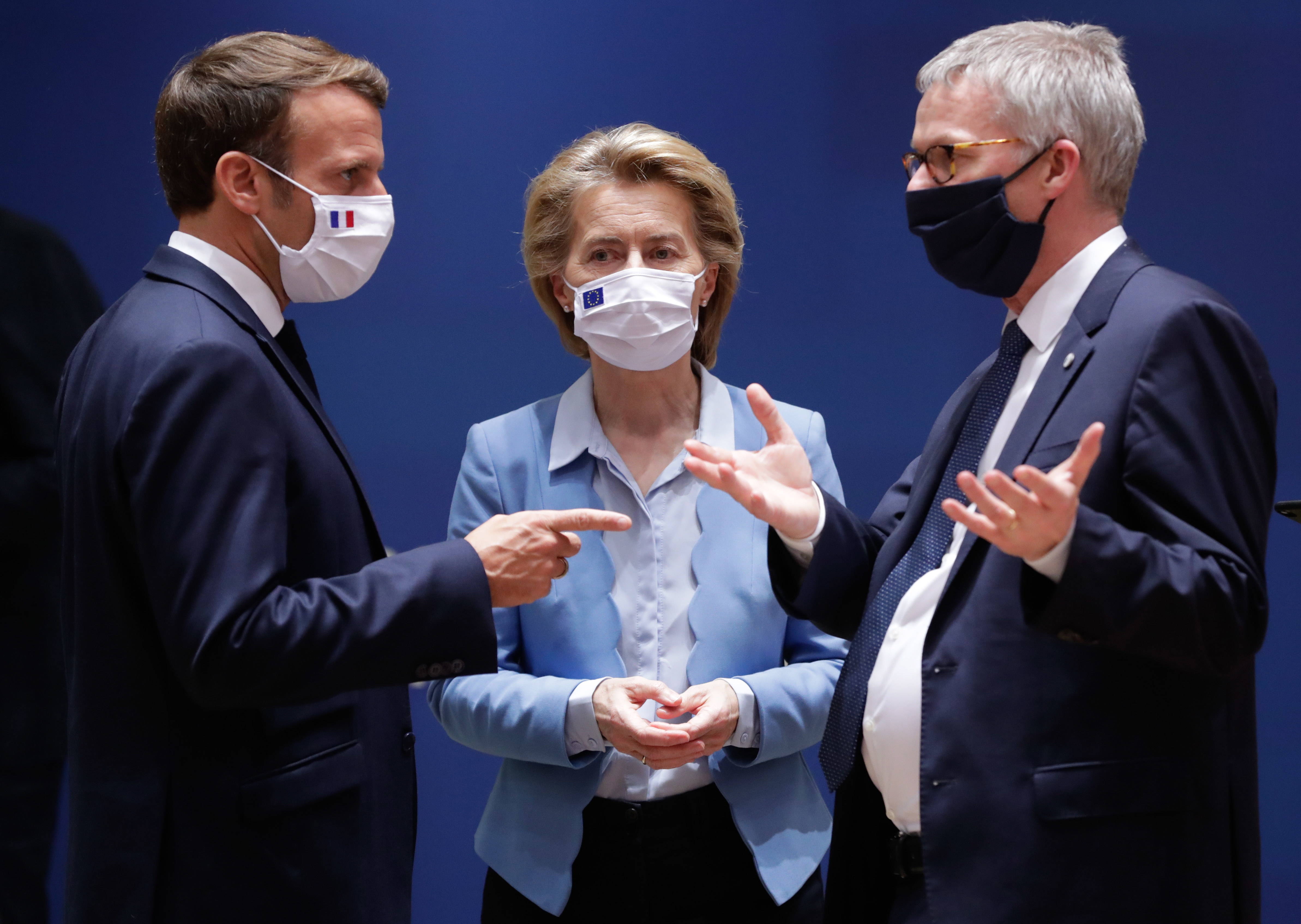
A Hamiltonian Moment for the European Union
July 2020 failed to offer a breakthrough towards an EU-wide federation. Instead, France and Germany consolidated their grip on power within the bloc. A set of optimum conditions significantly stirred up both resentments and wariness between EU nations in a move that might aggravate anti-EU moods and foster disintegration trends.
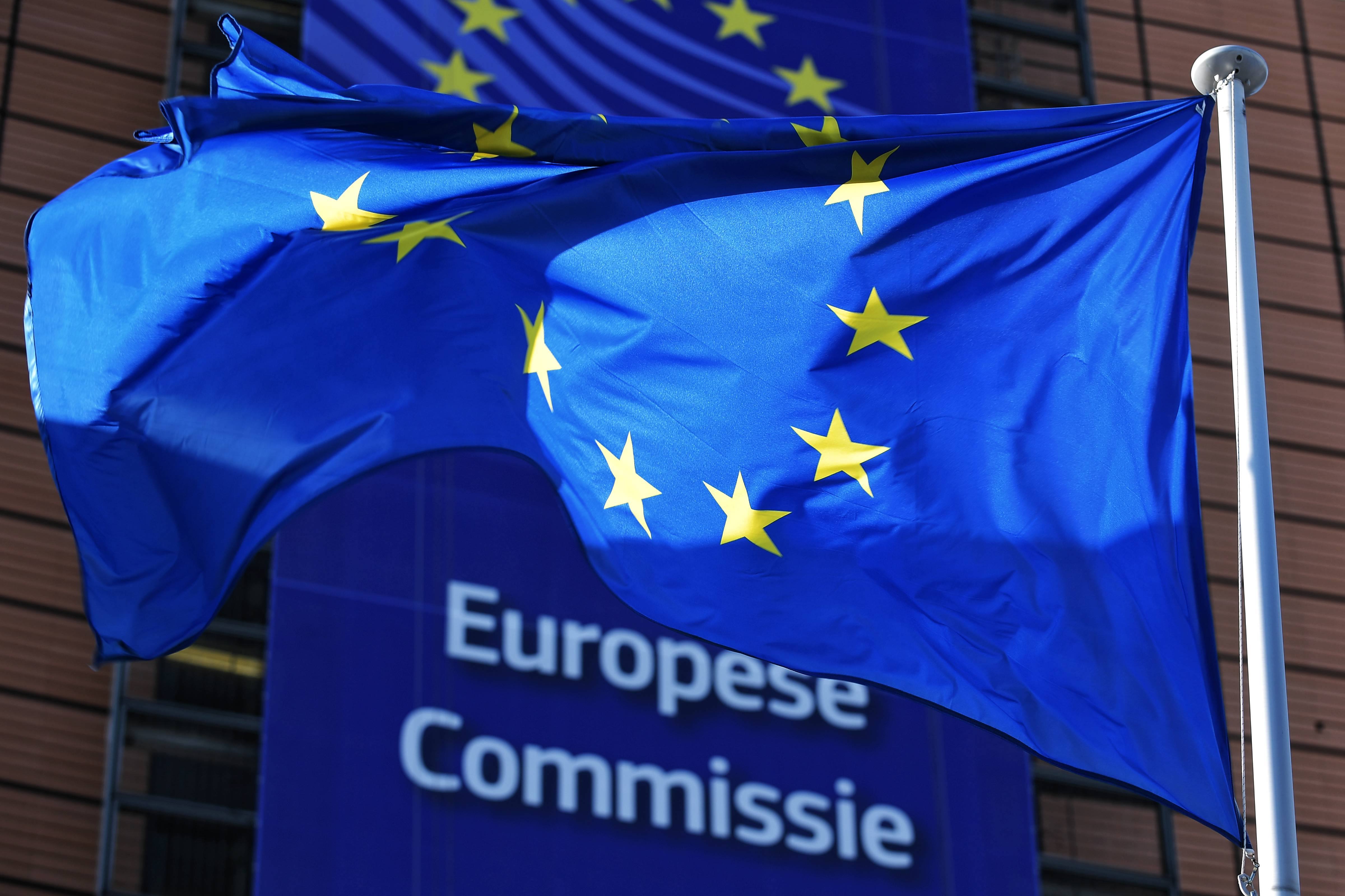
How do you protect yourself from a knockout?
The European Union resembles a severely beaten boxer standing up to the next round with a dangerous opponent. At the beginning of 2020, this organization faced two consecutive blows: the immigration crisis and the coronavirus pandemic. The third blow – economic – is yet to come.
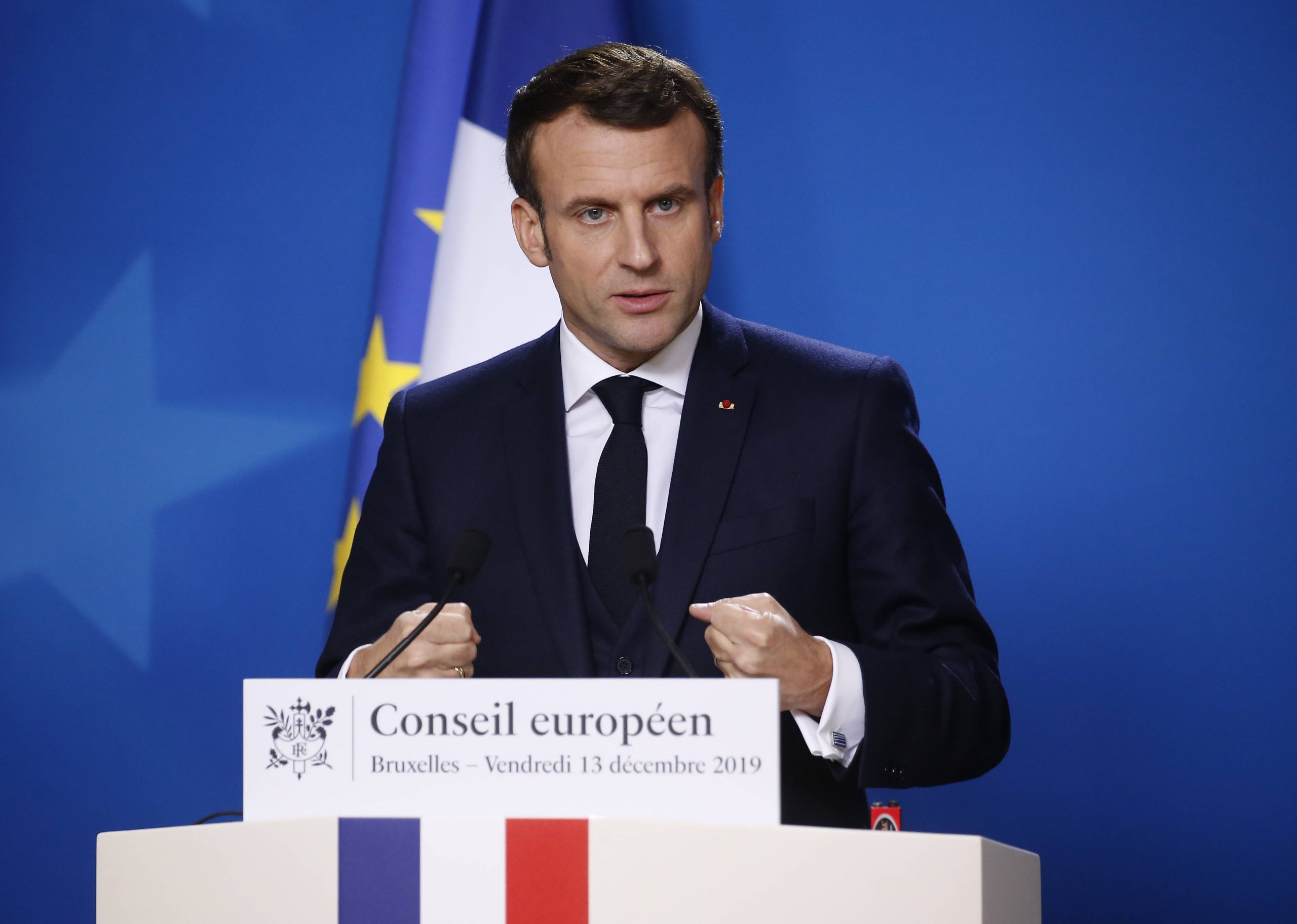
The French Vision of Europe’s Future
The UK’s exit from the EU has become a strategic opportunity for the French elite to push their own vision of European integration. Another call for the political offensive is the weakness of Germany, which is currently facing problems in its own backyard.

Poland’s 2019 Parliamentary Election
Held on October 13, 2019, Poland’s general election is first and foremost a success of democracy, as exemplified by crowds rushing to polling stations and a massive rise in voter turnout.
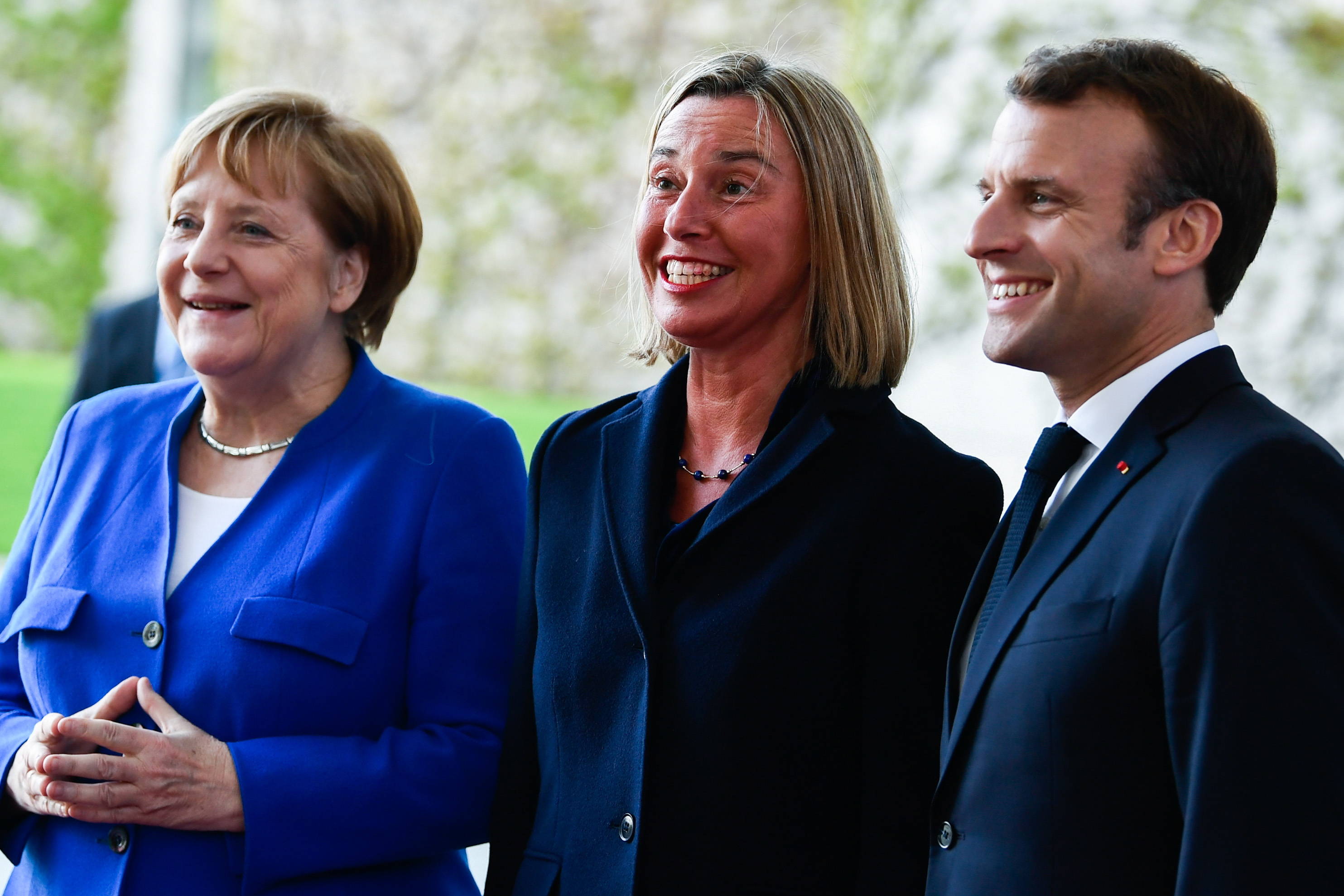
The European Union in Relation to World Powers
Rivalry of the US with Russia and China has induced a new course of change in the post-Cold War international order. Thus far, while Europe has participated in this rivalry to a limited extent, it has ambitions, however, to reassume a predominant role in the new, multipolar geopolitical order.
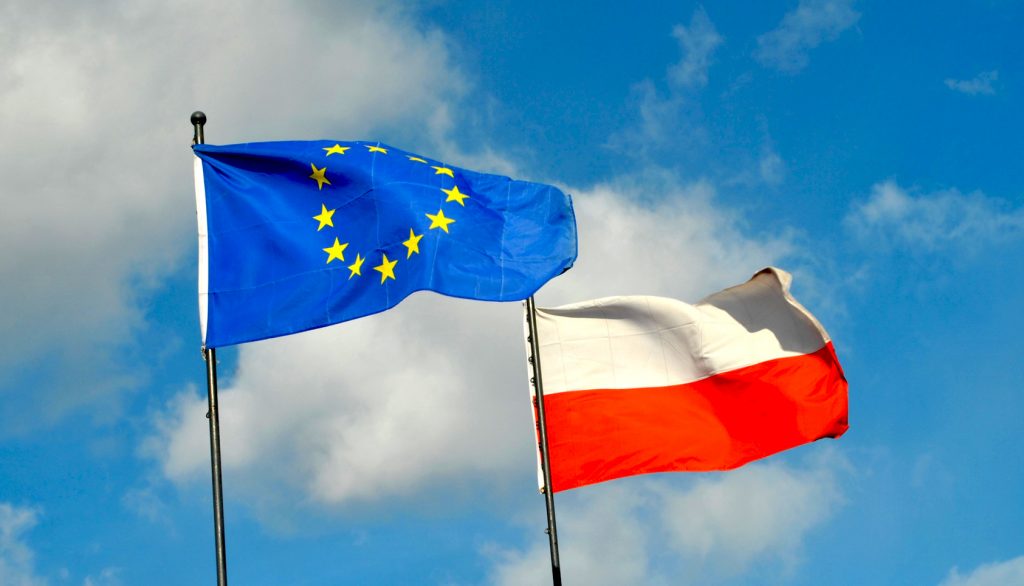
What’s With the EU? Considerations After 15 Years of Polish Membership
Fifteen years of Poland’s membership in the European Union has opened up an opportunity to discuss the costs and benefits of the country’s presence in the Community and examine the current state of the EU by Polish scholars.
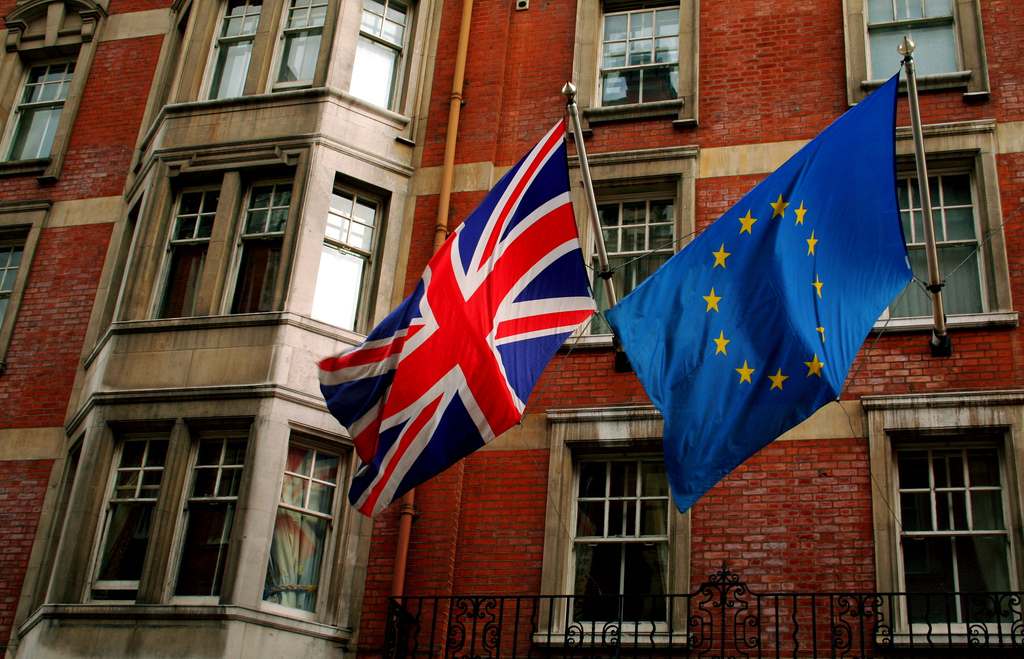
Brexit: A Geopolitical Perspective
Britain’s exit from the European Union, commonly referred to as Brexit, will have far-reaching geopolitical consequences for both the United Kingdom and the entire European community.

Development of Defence Policy and Armaments Industry in the European Union
The aim of the following report is to analyze the development of the EU’s common security and defence policy (CSDP) as well as Europe’s armaments industry. The study involves a geo-economic perspective, pointing out how economic instruments may facilitate achieving geopolitical goals.
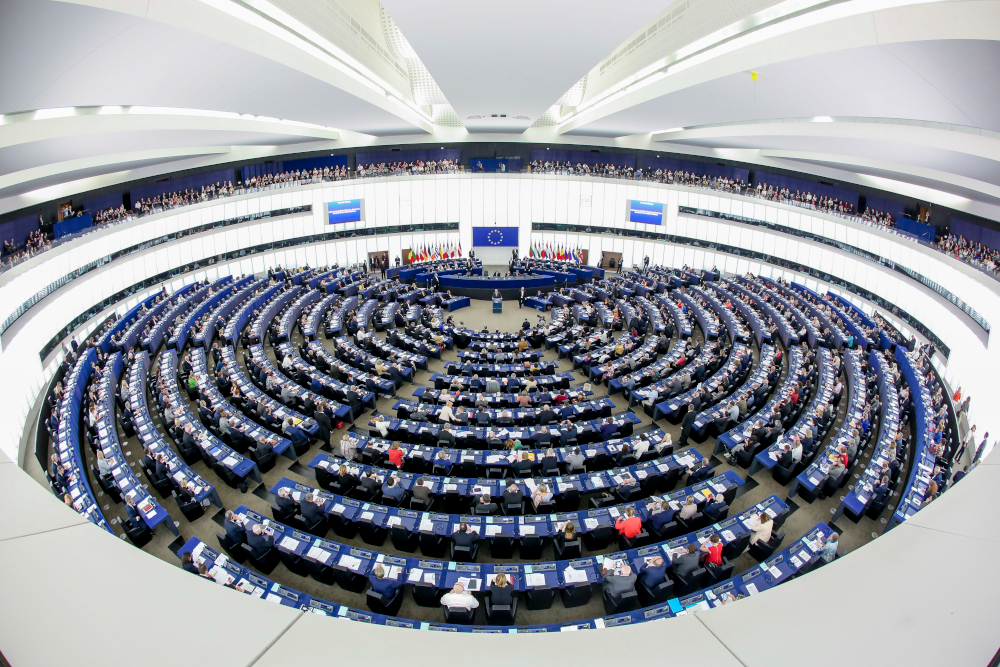
On Democracy in Europe
Democracy constitutes the core of Europe’s political culture . At the same time, it is endangered by the ongoing processes of European integration. As for the European Union, it has no proper legitimacy while such phenomenon is referred to as a democratic deficit.
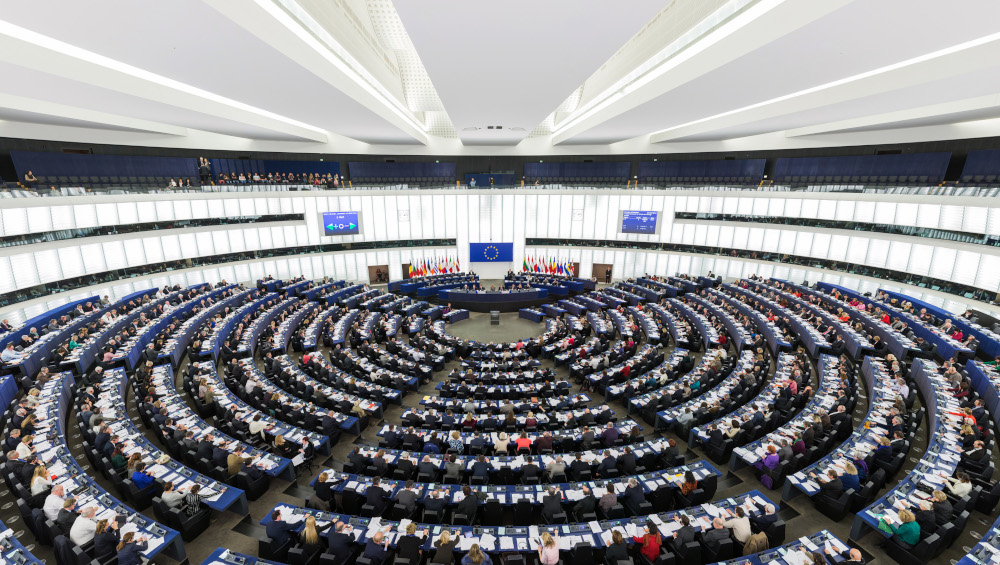
Poland in the face of geopolitical changes in Western Europe
The basic thesis of this article is the assumption that Western Europe, the geopolitical center of the European Union, is weakening, devastated by successive crises largely out of its control.

















